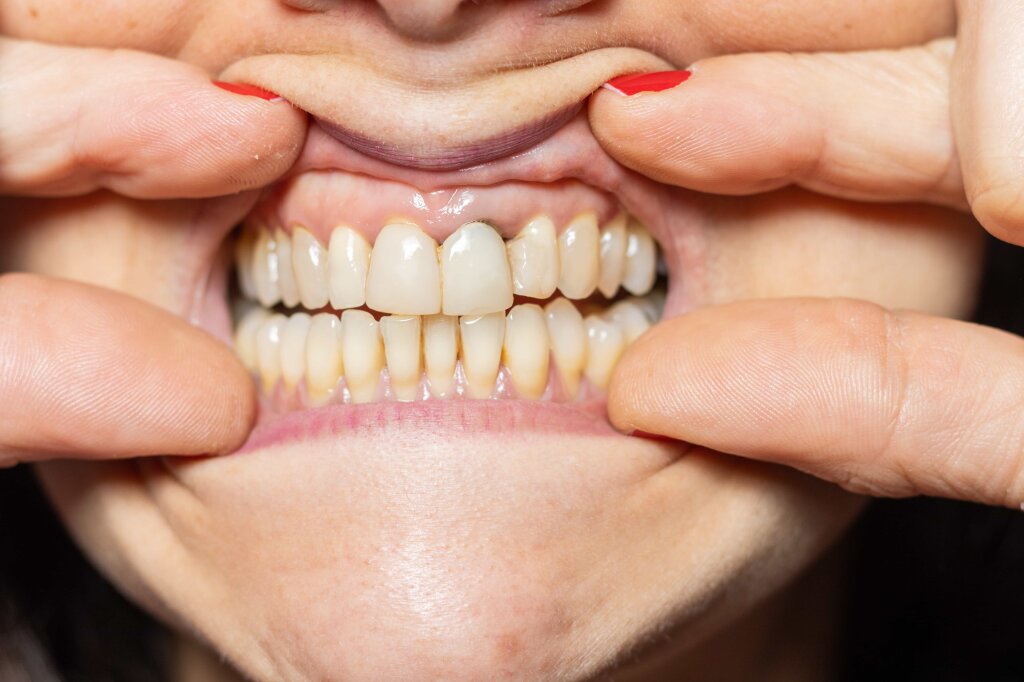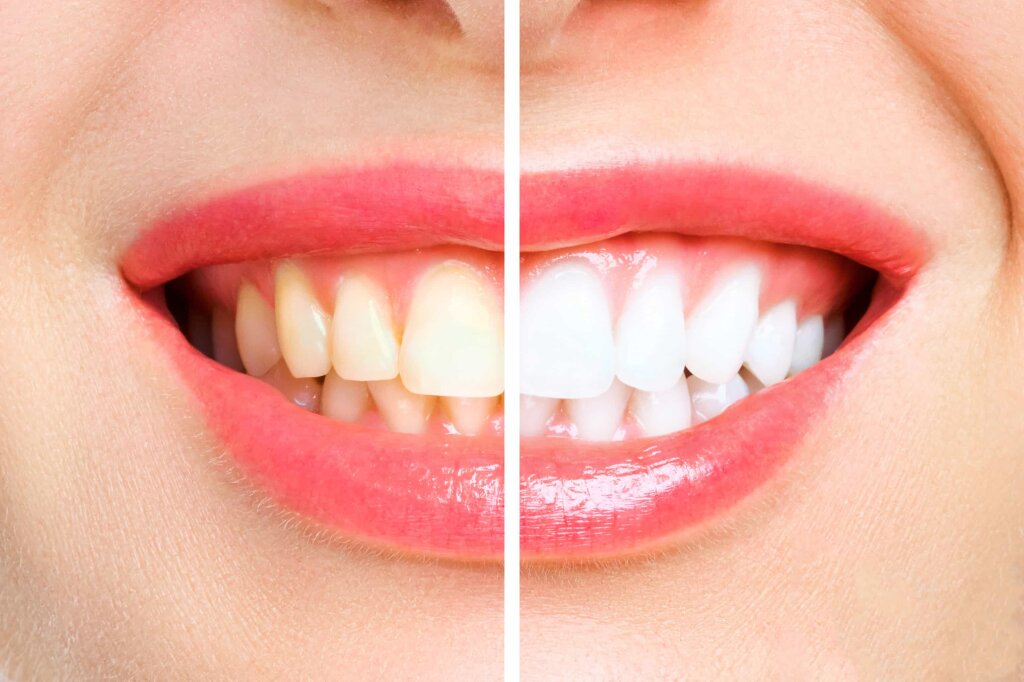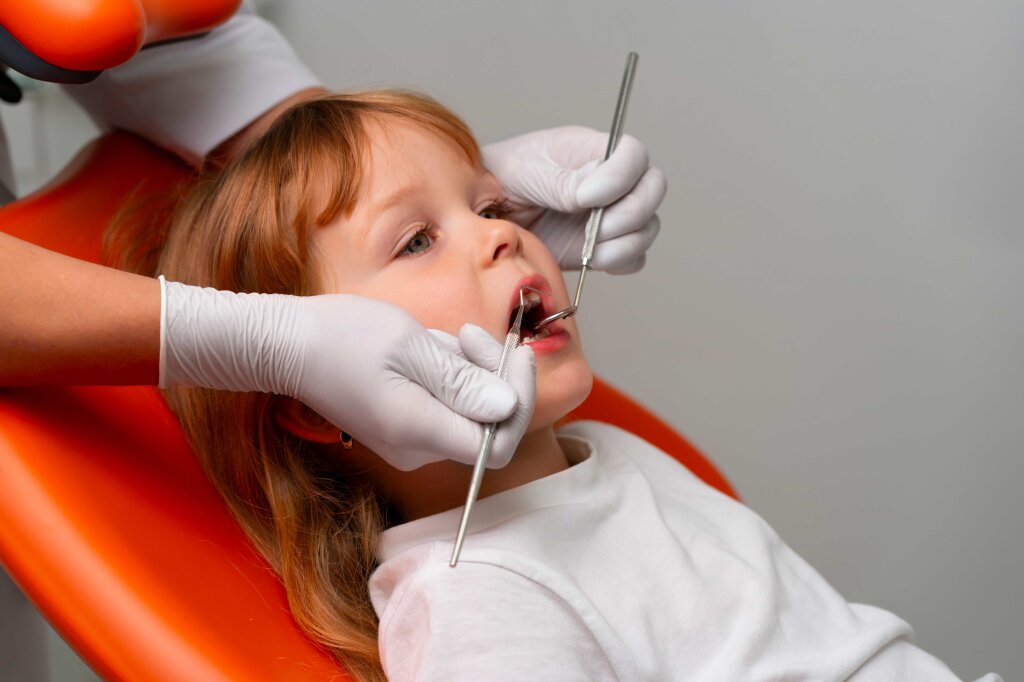Gum Recession: Causes and Prevention Methods
Gum recession occurs when the gums pull back, exposing the roots of the teeth, leading to sensitivity, gum disease, and aesthetic concerns. But what causes gum recession, and how can you protect yourself from it? Here are the causes and effective prevention methods to keep your gums healthy.
Causes of Gum Recession
Gum recession can have multiple causes. Factors like improper brushing techniques, genetic predisposition, and gum diseases can lead to the gradual withdrawal of the gums. Here are the main causes:
1. Improper Brushing Techniques
Brushing too hard or using incorrect techniques can irritate the gums and cause them to recede. Using abrasive toothpaste can also damage the gums and accelerate recession.
2. Gum Diseases
Gum diseases, also known as periodontal diseases, cause the gum tissue to become infected and damaged. These diseases begin with bacterial plaque buildup and, if untreated, can lead to gum recession.
3. Genetic Predisposition
Some people are more genetically prone to gum recession. Individuals with a family history of gum problems are more likely to experience this issue, even with regular oral care.
4. Teeth Grinding and Clenching (Bruxism)
People who grind or clench their teeth, especially at night, are more prone to gum recession. This habit increases pressure on the teeth, leading to gum damage.
5. Smoking and Tobacco Products
Smoking is one of the most significant factors negatively affecting oral health. Tobacco products reduce the healing capacity of the gums and accelerate gum recession.
Prevention Methods for Gum Recession
There are some simple steps you can take to prevent gum recession or stop its progression. Here are effective methods for maintaining healthy gums:
1. Proper Brushing Technique
When brushing your teeth, be gentle and use a soft-bristled toothbrush. Brushing in circular motions without applying too much pressure will help keep your gums healthy. Additionally, opt for toothpaste formulated for sensitive gums rather than abrasive ones.
2. Use Dental Floss and Mouthwash
Using dental floss to remove plaque between teeth is essential. Antibacterial mouthwashes can also help prevent bacterial buildup and maintain gum health.
3. Regular Dental Check-Ups
Regular visits to the dentist are vital for the early detection of gum recession. Your dentist can spot issues in the early stages and provide necessary treatment to halt gum recession.
4. Avoid Smoking and Tobacco Products
Smoking and tobacco products are significant contributors to gum recession. Avoiding these products will help protect your gums and reduce the risk of recession.
5. Use a Night Guard
Individuals with bruxism can use night guards specially designed by a dentist to prevent teeth grinding and clenching. These guards reduce pressure on the gums, helping prevent gum recession.
Conclusion
Gum recession is a serious problem that can negatively impact oral health and, if untreated, lead to tooth loss. However, with proper oral care and regular dental check-ups, you can prevent or control this issue. By paying attention to your gum health, you can maintain a healthy mouth and minimize the risk of gum recession.






